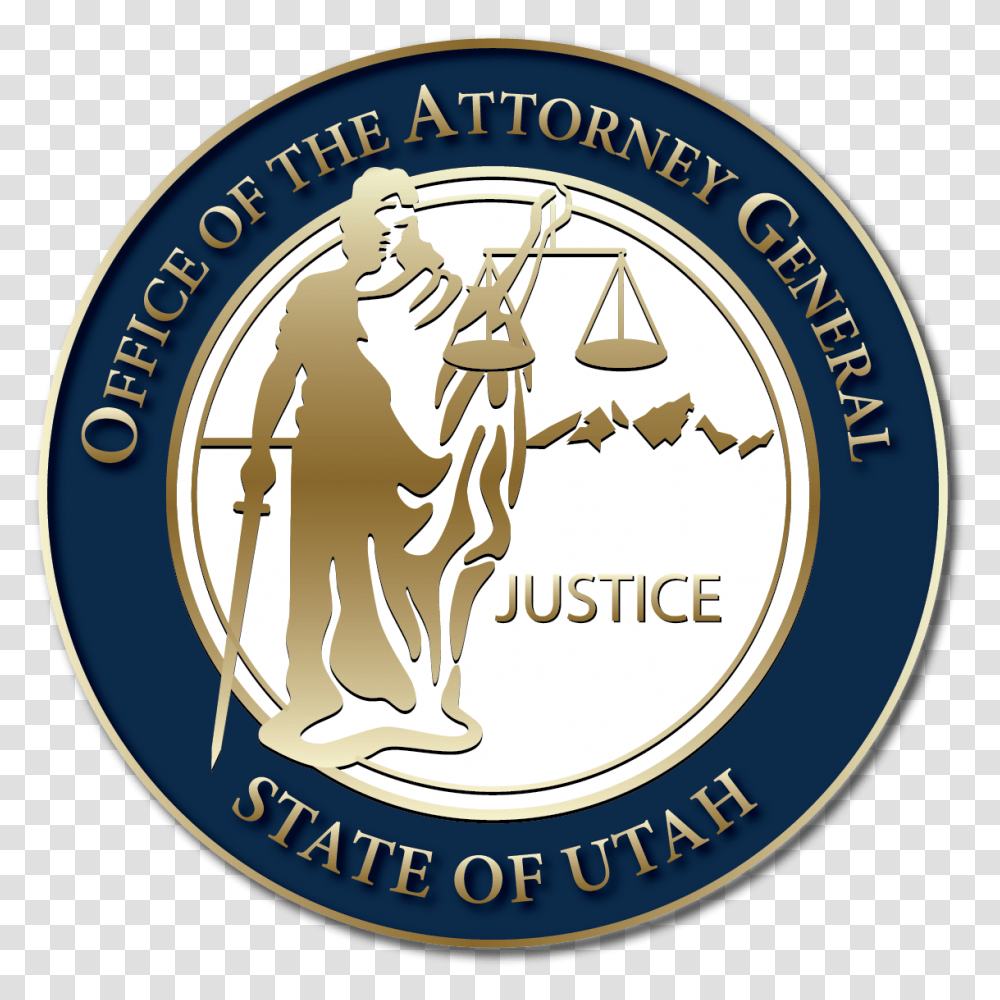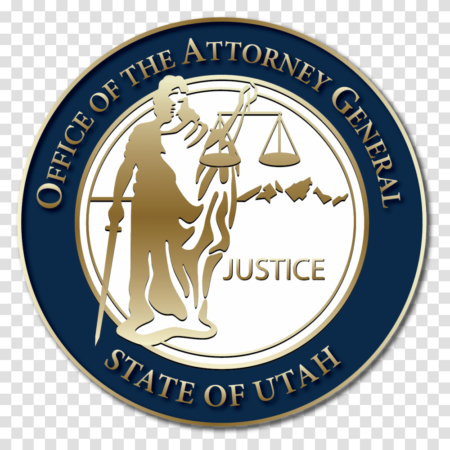
Types of Trademark Law

Trademark law encompasses various areas that protect the distinctive signs used by businesses to identify their goods and services. These areas include registration, infringement, and enforcement.
Registration of trademarks grants legal protection to a company’s brand, ensuring exclusive rights to its use. It involves filing an application with the relevant trademark office, providing details such as the mark, goods/services covered, and proof of use. Examples include Apple’s logo for technology products or Nike’s “swoosh” for sportswear.
Infringement occurs when a third party uses a mark that is identical or similar to a registered trademark, causing confusion among consumers. This can lead to legal actions such as injunctions, damages, and account freezing. For instance, if a company uses a logo resembling McDonald’s golden arches for a fast-food restaurant, it could be considered infringement.
Enforcement of trademark rights involves measures taken to prevent or stop infringement. This includes monitoring the market for potential violations, sending cease-and-desist letters, and initiating legal proceedings. Effective enforcement protects businesses from unauthorized use of their trademarks and preserves the integrity of their brand.
The Trademark Registration Process
Registering a trademark is crucial for protecting your brand’s identity and intellectual property. The process involves several key steps:
Conducting a Trademark Search
Before filing a trademark application, it’s essential to conduct a thorough trademark search to determine if similar marks are already in use or registered. This helps avoid potential conflicts and rejection of your application.
Filing a Trademark Application
Once the trademark search is complete, you can file a trademark application with the relevant trademark office. The application includes information about your mark, the goods or services it covers, and your business details.
Examination and Approval
The trademark office will examine your application to ensure it meets the legal requirements. If approved, your trademark will be published in the official trademark journal for public opposition.
Registration
If no oppositions are filed within the specified period, your trademark will be registered and granted legal protection.
Different Types of Trademarks
Various types of trademarks can be registered, including:
– Standard Characters: Words, letters, or numbers
– Logos: Visual representations of a brand
– Collective Marks: Marks used by members of an association
– Certification Marks: Marks that certify the quality of goods or services
– Trade Dress: The overall appearance of a product or its packaging
Trademark Infringement
Trademark infringement occurs when a person or entity uses a trademark that is identical or confusingly similar to a registered trademark without the trademark owner’s permission. This can damage the trademark owner’s reputation and cause economic harm.
There are several ways in which trademark infringement can occur:
- Using the trademark on similar goods or services
- Using the trademark in a way that is likely to cause confusion among consumers
- Using the trademark without the trademark owner’s permission
Some examples of trademark infringement cases include:
- The use of the “Apple” logo by a company that sells computers
- The use of the “Nike” swoosh by a company that sells athletic shoes
- The use of the “Coca-Cola” name by a company that sells soft drinks
There are several remedies available for trademark infringement, including:
- Injunctions to stop the infringement
- Damages for the harm caused by the infringement
- Profits from the infringement
Trademark Enforcement

Trademark enforcement involves taking legal action to protect a trademark from unauthorized use. There are several ways to enforce a trademark, including:
- Civil Litigation: Filing a lawsuit in federal or state court to seek damages, injunctions, and other remedies for trademark infringement.
- Administrative Proceedings: Filing a complaint with the Trademark Trial and Appeal Board (TTAB) to cancel or oppose a trademark registration.
- Cease-and-Desist Letters: Sending a formal letter to the alleged infringer demanding that they stop using the infringing mark.
The courts play a crucial role in trademark enforcement. They can issue injunctions to prevent further infringement, award damages for lost profits and harm to reputation, and order the seizure and destruction of infringing goods.
Successful Trademark Enforcement Actions:
* Louis Vuitton v. My Other Bag: Louis Vuitton successfully sued My Other Bag for trademark infringement and counterfeiting, resulting in a $30 million settlement.
* Apple v. Samsung: Apple obtained a $539 million verdict against Samsung for infringing its smartphone patents and trademarks.
* Nike v. Skechers: Nike prevailed in a trademark infringement lawsuit against Skechers, resulting in a permanent injunction against Skechers from using the “Swoosh” design.
Choosing a Trademark Lawyer
Choosing the right trademark lawyer is crucial for protecting your intellectual property. Here are some factors to consider:
- Experience: Choose a lawyer with a proven track record in trademark law.
- Specialization: Look for a lawyer who specializes in trademark law, rather than a generalist.
- Reputation: Research the lawyer’s reputation among peers and clients.
- Communication: Ensure the lawyer is responsive and easy to communicate with.
- Fees: Consider the lawyer’s fees and whether they align with your budget.
Finding a Qualified Trademark Lawyer
To find a qualified trademark lawyer, you can:
- Referrals: Ask other businesses or attorneys for recommendations.
- Online directories: Search online directories such as the American Bar Association or the International Trademark Association.
- Bar associations: Contact local or state bar associations for a list of trademark lawyers.
Benefits of Working with a Trademark Lawyer
Working with a trademark lawyer offers several benefits:
- Expertise: Lawyers have specialized knowledge and experience in trademark law.
- Protection: They can help you protect your trademark from infringement.
- Enforcement: Lawyers can assist in enforcing your trademark rights.
- Guidance: They can provide guidance on trademark registration, licensing, and other legal matters.
- Representation: Lawyers can represent you in court if necessary.
The Future of Trademark Law

Trademark law is constantly evolving to keep pace with the changing business landscape. In the future, we can expect to see even more challenges and changes in this area of law.
One of the biggest challenges facing trademark law is the rise of new technologies. The internet has made it easier than ever for businesses to reach a global audience, which has led to an increase in trademark infringement. Additionally, new technologies such as artificial intelligence (AI) and blockchain are creating new challenges for trademark owners.
Technology will continue to shape the practice of trademark law in the future. For example, AI can be used to automate tasks such as trademark searching and filing. Blockchain can be used to create a more secure and efficient system for tracking and managing trademarks.
The future of trademark law is uncertain, but it is clear that technology will play a major role in shaping its development. Trademark owners will need to be aware of these changes and adapt their strategies accordingly.
Challenges Facing Trademark Law
There are a number of challenges facing trademark law in the future, including:
– The rise of new technologies, such as AI and blockchain
– The globalization of the economy
– The increasing complexity of trademark law
– The need for greater harmonization of trademark laws around the world
How Technology Will Continue to Shape the Practice of Trademark Law
Technology will continue to shape the practice of trademark law in a number of ways, including:
– Automating tasks such as trademark searching and filing
– Creating a more secure and efficient system for tracking and managing trademarks
– Providing new tools for enforcing trademark rights
The Future of Trademark Law
The future of trademark law is uncertain, but it is clear that technology will play a major role in shaping its development. Trademark owners will need to be aware of these changes and adapt their strategies accordingly.





